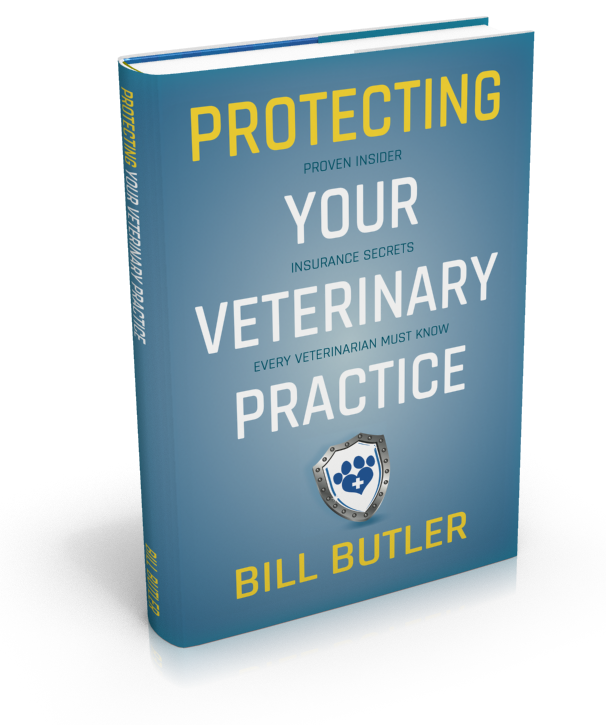Protecting Your Practice: General Liability Insurance for Your Veterinary Practice
Protecting Your Practice: General Liability Insurance for Your Veterinary Practice
As a dedicated veterinarian, you spend your days caring for beloved pets, ensuring their well-being and providing them with the best possible medical attention. However, along with the rewards of your profession, there are certain risks and liabilities that come with running a veterinary practice. To protect yourself, your staff, and your practice, it is crucial to have the right insurance coverage in place. In this blog post, we will explore the importance of general liability insurance for insuring your dog and cat veterinary practice.
Understanding General Liability Insurance:
General liability insurance is a fundamental component of risk management for any business, including veterinary practices. It provides coverage for claims arising from third-party bodily injury, property damage, or personal injury resulting from the operations of your practice. As a veterinarian, you interact with animals and their owners on a daily basis, and accidents or mishaps can happen, regardless of how careful you are. Having general liability insurance ensures that you are protected in the event of unexpected incidents.
Coverage for Your Veterinary Practices:
When it comes to insuring your veterinary practice, general liability insurance can offer comprehensive coverage tailored to your specific needs. Here are some key areas where general liability insurance plays a vital role:
1. Animal-Related Accidents: Dogs and cats can be unpredictable, especially when they are injured or anxious. Despite your best efforts to ensure a safe environment, accidents can occur, such as a dog biting a staff member or a client slipping on a wet floor. General liability insurance provides coverage for medical expenses, legal fees, and potential settlements in case of such incidents.
2. Property Damage: Veterinary practices are filled with expensive medical equipment, supplies, and medications. In the unfortunate event of a fire, water damage, or theft, your general liability insurance can help cover the costs of repairing or replacing damaged or stolen property.
3. Veterinary Professional Liability: While general liability insurance covers third-party claims, professional liability insurance, often known as malpractice insurance, is essential for protecting your practice against claims arising from errors, omissions, or negligence in providing veterinary services. It ensures that you are covered if a client alleges that your treatment caused harm to their pet.
4. Products Liability: As a veterinarian, you may sell or recommend certain products, such as medications, supplements, or pet food. If a product you provide is found to be defective or causes harm to an animal, you could face legal action. General liability insurance can help cover legal expenses and potential damages arising from products liability claims.
Choosing the Right Coverage:
When it comes to selecting general liability insurance for your dog and cat veterinary practice, it is crucial to assess your specific needs and work with a reputable insurance provider. Consider the following points when evaluating different insurance options:
1. Adequate Coverage Limits: Ensure that your policy provides sufficient coverage limits to protect your practice in case of a significant incident or lawsuit.
2. Tailored Coverage: Look for an insurance provider who understands the unique risks faced by veterinary practices and can offer coverage specifically designed for your profession.
3. Additional Coverages: Consider adding endorsements or riders to your policy to address specific needs, such as cyber liability coverage to protect against data breaches or business interruption insurance to cover lost income during a forced closure.
4. Review Policy Exclusions: Thoroughly review policy exclusions to understand any limitations or conditions that may impact your coverage.
Conclusion:
Running a veterinary practice brings immense joy and fulfillment, but it also comes with certain risks. General liability insurance is a vital safeguard that can protect you, your staff, and your practice from unforeseen accidents, injuries, property damage, and legal claims. By investing in the right coverage, you can focus on what you do best.

